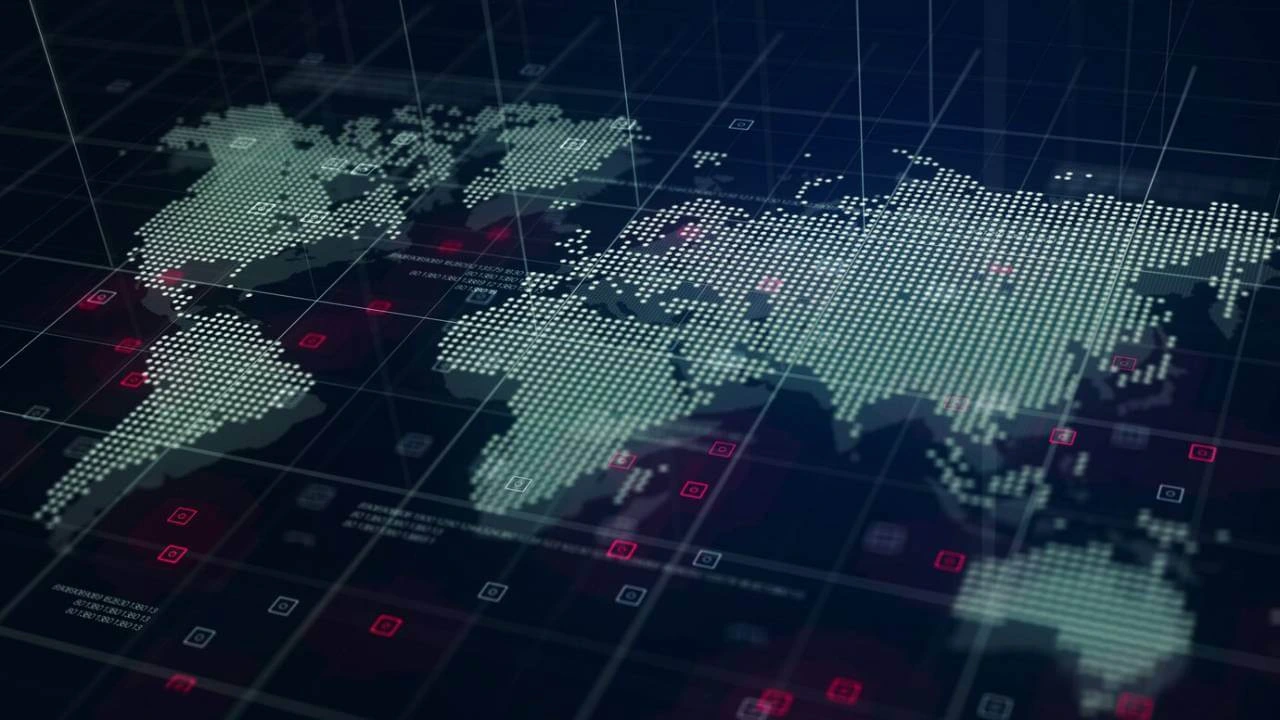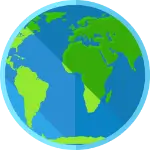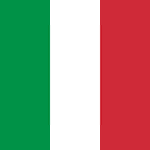
ACCESS4.EU and the Funding Database for EU Researchers
The information on funding opportunities included in the ACCESS4.EU programme database originally came from those 11 countries worldwide that were involved in an ACCESS4.EU project. The database informed EU reasearchers and innovators about natioal funding programmes in non-EU countries that were open to EU nationals.
In 2013 – as a joint effort of 18 BILAT projects funded under the EU's 7th Framework Programme for Research – the database was transferred to a new website called 'bilat.eu' to ensure its continuity.
The new enhanced RTDI Funding Database included an even wider range of funding opportunities than the original one, e.g. bilateral funding programmes. Some of the BILAT projects under FP7 added comprehensive programme information, while others didn't join in.
As funding programmes are constantly being modified and adapted, without any updates, the information in the database soon became obsolete and the related website 'bilat.eu' was shut down in 2018.
The Seventh Framework Programme for research and technological development (FP7), which ran form 2007-2013, placed more emphasis on international cooperation in Science and Technology (S&T) than its predecessors – an area that was increasingly seen as being at the centre of Community policies. International cooperation in FP7 addressed three independent objectives:
- supporting European competitiveness through strategic partnerships with scientists in third countries in selected fields to work in and with Europe;
- facilitating contacts with partners in third countries with the aim of providing better access to excellent research carried other parts of the world;
- tackling the specific challenges faced by third countries, problems, together with strategic partners in third countries.
Theme-oriented international cooperation actions were carried out under the Cooperation Programme and international mobility actions under the People Programme. The Capacities Programme’s activities were designed to support and stimulate the participation of Third Countries in the Framework Programme, well as provide opportunities to access research programmes managed by Third Countries. They fostered international cooperation by putting measures in place to promote dialogue and information exchange activities with Third Countries in order to enable the EU and targeted states/ regions outside Europe discuss current and future research priorities.
This unique instrument aimed at increasing European researchers’ awareness of funding opportunities for international research projects with Third Countries.
More specifically, the ACCESS4EU projects were meant to facilitate access to national research and innovation programmes in:
- Australia
- Brazil
- Canada
- China
- India
- Mexico
- New Zealand
- Russia
- South Africa
- South Korea
- United States of America
These projects were supposed to translate into a measurable increase of European research organisations’ effective cooperation with Third Countries, as well as less readily measurable improvements in mutual understanding of the respective research systems. In this respect, the projects contributed to the implementation of the agreements by identifying the different funding programmes open to EU researchers and promote their participation, i.e. developing the reciprocity aspects of S&T agreements.
The opening of new funding opportunities
In practical terms, the ACCESS4EU-funded projects started by mapping out the access opportunities in the aforementioned target countries. This empirical research included the screening of bilateral cooperation agreements and programmes between European Member States and/or Associated Countries and the target country participating in the respective project. Funding opportunities open to European researchers can be searched and found in the ACCESS4.EU RTDI programme database.







